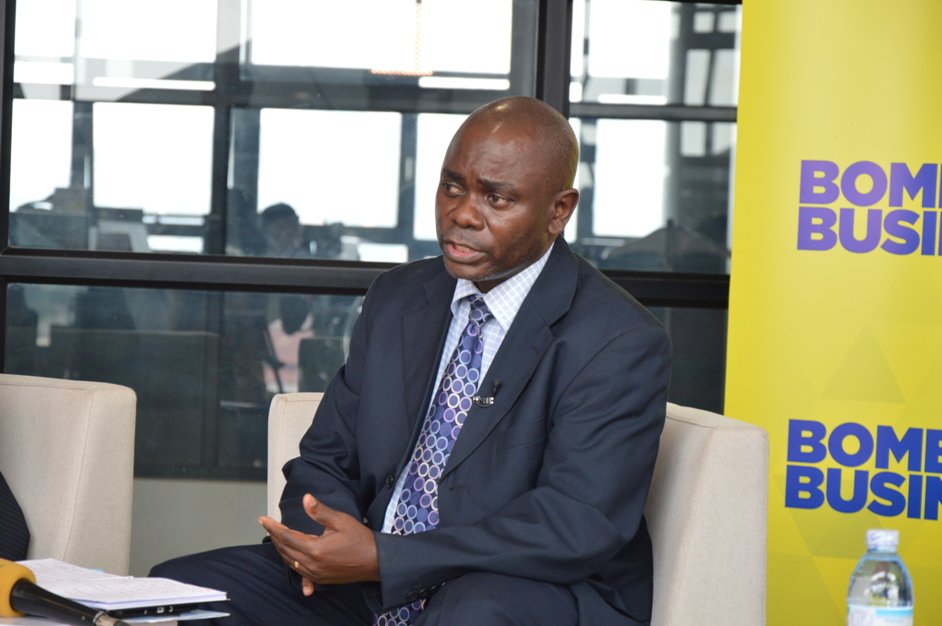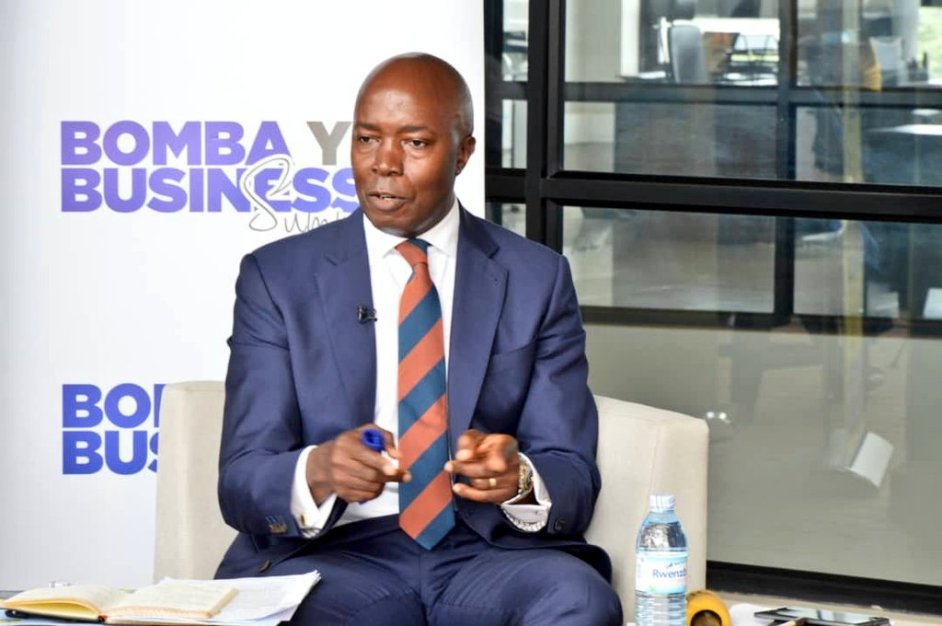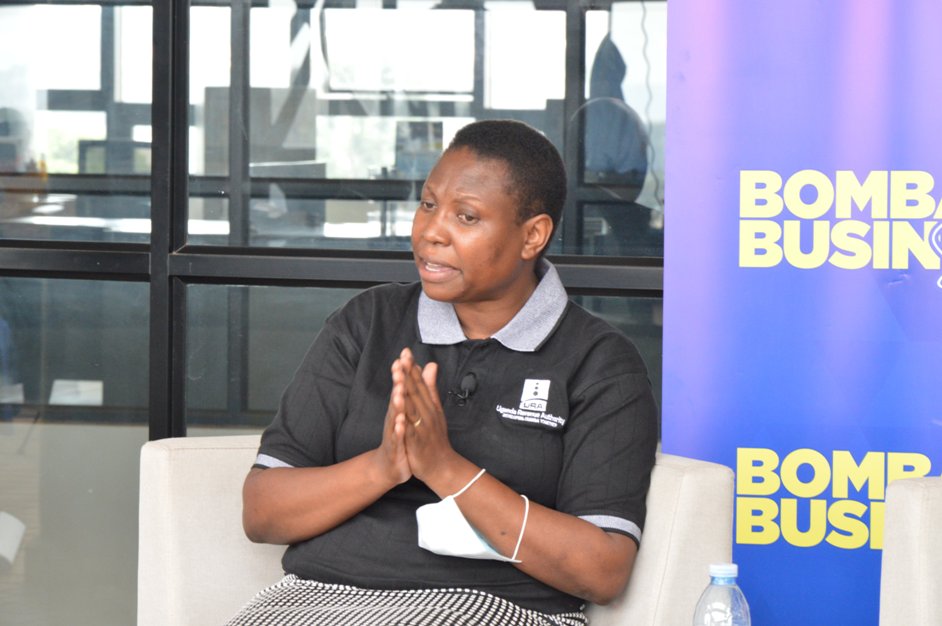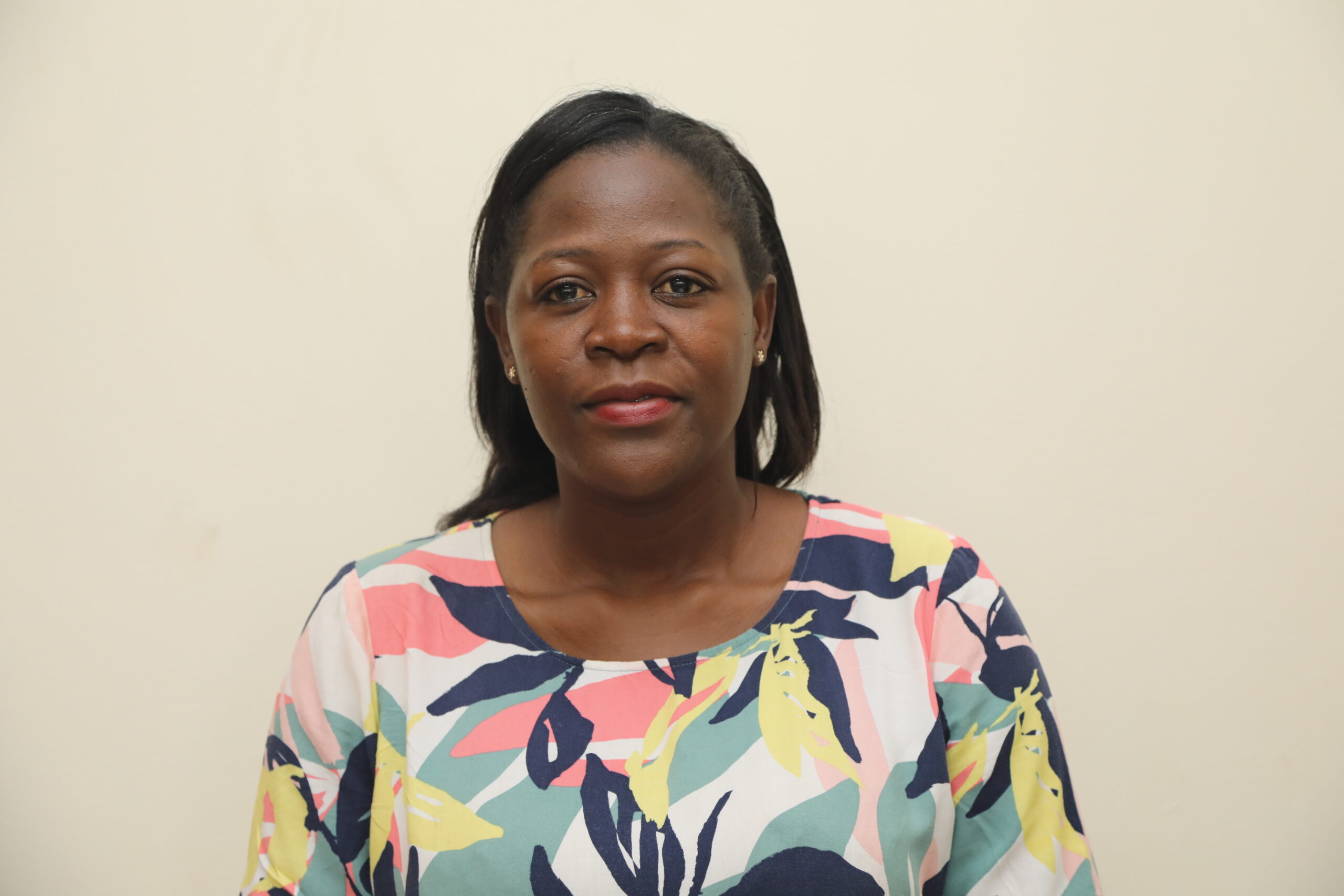The panel of experts that have tipped businesses
Uganda Revenue Authority (URA) Friday hosted her first of four online ‘Bomba ya Business’ summits. The panel was made up of eminent analysts including Dr Fred Muhumuza- an Economics Lecturer at Makerere University, Francis Kamulegeya– Country Senior Partner at Pricewaterhouse Coopers (PwC), Dr. Sarah Ssewanyana – the Executive Director at Economic Policy Research Centre and Samuel Fredrick Mwogeza –Chief Finance Officer at Stanbic Bank. URA was represented by Irene Mbabazi Irumba, the Assistant Commissioner Compliance Management.
Experts shared tactics on how businesses can survive the COVID-19 crisis and thrive thereafter thrive.
They also shared a number of insights ranging from utilising available data that will enable understanding of the business ecosystem in order to design great business recovery programmes, to suggesting policy reviews that can offer tax relief for small businesses so that they can also rebuild.

The panel agrees that COVID-19 has taught businesses that there is need to always plan forward and also have a fall back plan once the business suffers huge setbacks such as reduced sales or limited movement because of lockdowns.
Some experts have emphasized the need for businesses to rethink their operation modules and also intensify marketing while utilising cost effective means like free social media platforms.
There are indicators that e-cormmerce is growing and becoming the thing. However, URA will need to measure up since there are no clear measures on how to tax the digital economy in Uganda.
Dr. Muhumuza observed that the businesses that are not going to survive are not necessarily the businesses in one sector or another, but rather those that will not make the right decisions.
“Give your clients a decent service; have a good partnership with your clients and your business will survive,” Muhumuza said.
He added: “You must rethink your business. You have personal decisions to make. Must you for instance continue having your business situated at William Street? Must you continue to get your business financing needs from the same source?In economics we say the customer is the king. Anybody who will not recognize the customer as the king, COVID-19 is going to treat you badly. You need to understand and take care of the interests of your customer.”

He explained that businesses that are going to survive are those that are going to set up as partnerships.
“Many of us are surviving on business. Every conversation you see out there affects your business,” Muhumuza said, adding:”We have seen the headlines putting a halt to non-salary expenditure. It is important for a business person to pay attention to the conversations going on.”
He also pointed at the school system, noting that social distancing might never allow schools to have 80 children in a classroom.
“This will affect numbers of students in a school which will in turn affect the schools cash inflows,” he said.
Change Way You Do Business
PwC’s Kamulegeya also noted that changes in terms of the way people do business, distribution models and the way they respond to customer behaviour are essential.
“The businesses which are strong are going to get stronger and those which are weak are going to be eaten for breakfast,” Kamulegeya said.
He added: “Casinos have been trading online, if you own a casino and you have not done business, it means that you have not been moving with the trend. We are going to see change in consumer behavior and change in business trends.”
He explained that there has been an acceleration of a digital trend that has already been happening since the start of the 21st century. COVID19 just made it faster, he said.

He gave an example of online banking and mobile money.
“What we have seen in terms of digital intermediation for the banking sector but also other sectors has been an acceleration of a trend that has already been happening. COVID has made it so fast that there are certain systems that are going to be bypassed,” He said.
He added: “When we talk about cinemas. Cinemas were already in a decline. The demise of blockbusters came around about 20 years ago with Netflix. You will not see people flocking back to the cinemas because they are enjoying movies from the confines of their homes.
Live sports are a different experience and I believe once the SOPs are properly complied with, people will flock back to the fields and other live sporting venues.”
On her part, Dr. Sarah Ssewanyana said E-commerce is growing and this is an opportunity to tap into that tax base, though it should not be rushed so that it can give maximum revenue.
“We are looking at the small businesses that contribute a lot to employment in Uganda. They need tax support. As we give the tax support, it is necessary to have policy coordination,” she said.
Stanbic’s Mwogeza urged businesses get close to their clients and understand what affects them.
“Follow your clients! Gone are the days when we had to move to the land lord to make rent payments, for example. Are you getting more client referrals in your business?” he said.
He added: “About your Employees; health and safety is very important. The next key part is productivity. How do we get to make employees be more productive than before COVID19?”
He noted that when managing your finance/cash flow, think about your debts and negotiate the obligations.
“Talk about costs that are incidental to your businesses but not necessary,” he said.
Irene Mbabazi, the Assistant Commissioner –Compliance at URA said at the national level, government is focusing on sectors that are going to revitalize the economy during this period of COVID-19.

“As URA, we are engaging our clients to make sure that you are dealing not just with URA but rather dealing with government projects like TREP, Single Window among others,” Mbabazi said, adding: “Data and digitalization has helped us to know which businesses are limping and which ones are doing well.”






